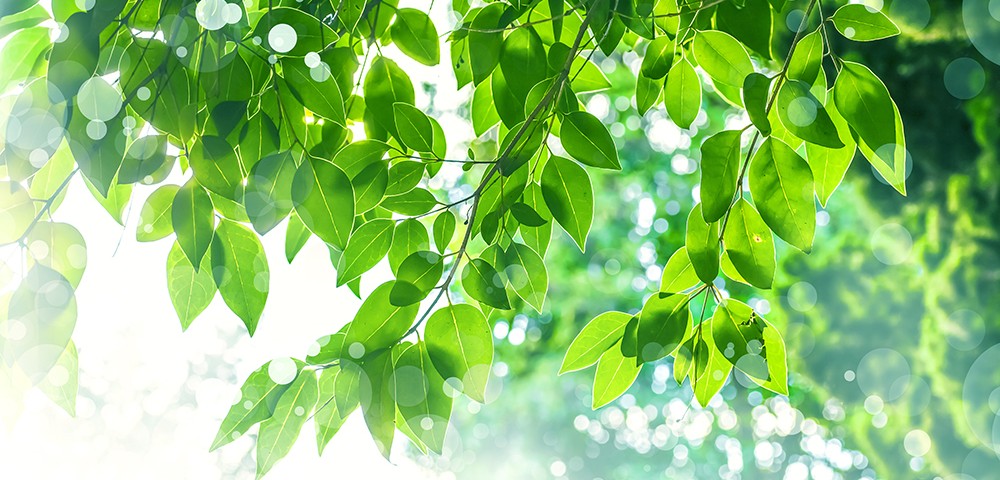
How Safe are your Cleaning Products?
September 10, 2015- Healthier Home
If you go green, “No longer will there be chemicals absorbed into the skin or breathed in by the person cleaning,” Reichert says. Health benefits extend to family members who are no longer breathing in cleaners lingering in the air and sitting on surfaces.Studies have shown that using a household cleaning spray, even as little as once a week, raises the risk of developing asthma. Snow says that using green cleaning products can reduce the chances of developing asthma, which “today is the most common chronic illness and the leading cause of school absences due to chronic illness across the country.” - Purer Environment
When you use many cleaning products, “harmful chemicals are being released into the environment,” says Reichert. Not great for you and the people around you to breathe in.Changing to greener methods, “helps reduce pollution to our waterways and the air and it minimizes your impact on ozone depletion and global climate change with fewer smog-producing chemicals,” advises Snow. Many green products also use recyclable packaging which minimizes waste. - Safer Products
Conventional cleaning products pose risks such as chemical burns to the cleaner’s skin and eyes. Green cleaners aren’t corrosive and meet strict standards regarding inhalation toxicity, combustibility and skin absorption. - Better Air Quality
As with most people, Snow can’t stand the “stench of strong chemical odors.” Many green cleaning products — including store bought and ones you can make at home — include pleasant natural essential oils. Reichert even refers to cleaning with these products as her “aromatherapy.” - Less Expensive
“For home cleaning, vinegar, olive oil, lemon juice, etc. can do the trick for pennies on the dollar, compared to buying conventional cleaning products,” Snow says. Why go out and buy products when you can use things you already have in your pantry?Investing in green products also makes sense for companies. “The cost of environmentally friendly cleaning products has become much more competitive, while cleaning in an environmentally sound way reduces the risk of sick days for employees and the risk of fires and chemical spills,” mentions Snow. - Fewer Antibacterials
Do you really need to look for products that say “antibacterial”? “We’re now told by the U.S. Food and Drug Administration (FDA) that washing with antibacterial soaps isn’t any better than regular soaps, and the American Medical Association (AMA) says that the frequent use of antibacterial ingredients can promote bacterial resistance to antibiotics,” Snow says. “Triclosan, a common antibacterial agent found in many soaps, [may] mess with your hormonal system and thyroid. Most green or environmentally friendly cleaning products don’t contain antibacterial agents.” - More Knowledge of Ingredients
Government regulations don’t require ingredients to be listed on any cleaning products. This is another reason Reichert is a strong advocate for making your own products at home, so “you know exactly what the ingredients are in your cleaning recipes.”
As concerns for health become more prevalent and people become more aware of the harsh effects cleaning chemicals are having, they’re going back to basics and looking for greener ways to clean. To hear our experts tell it, the benefits speak for themselves.




